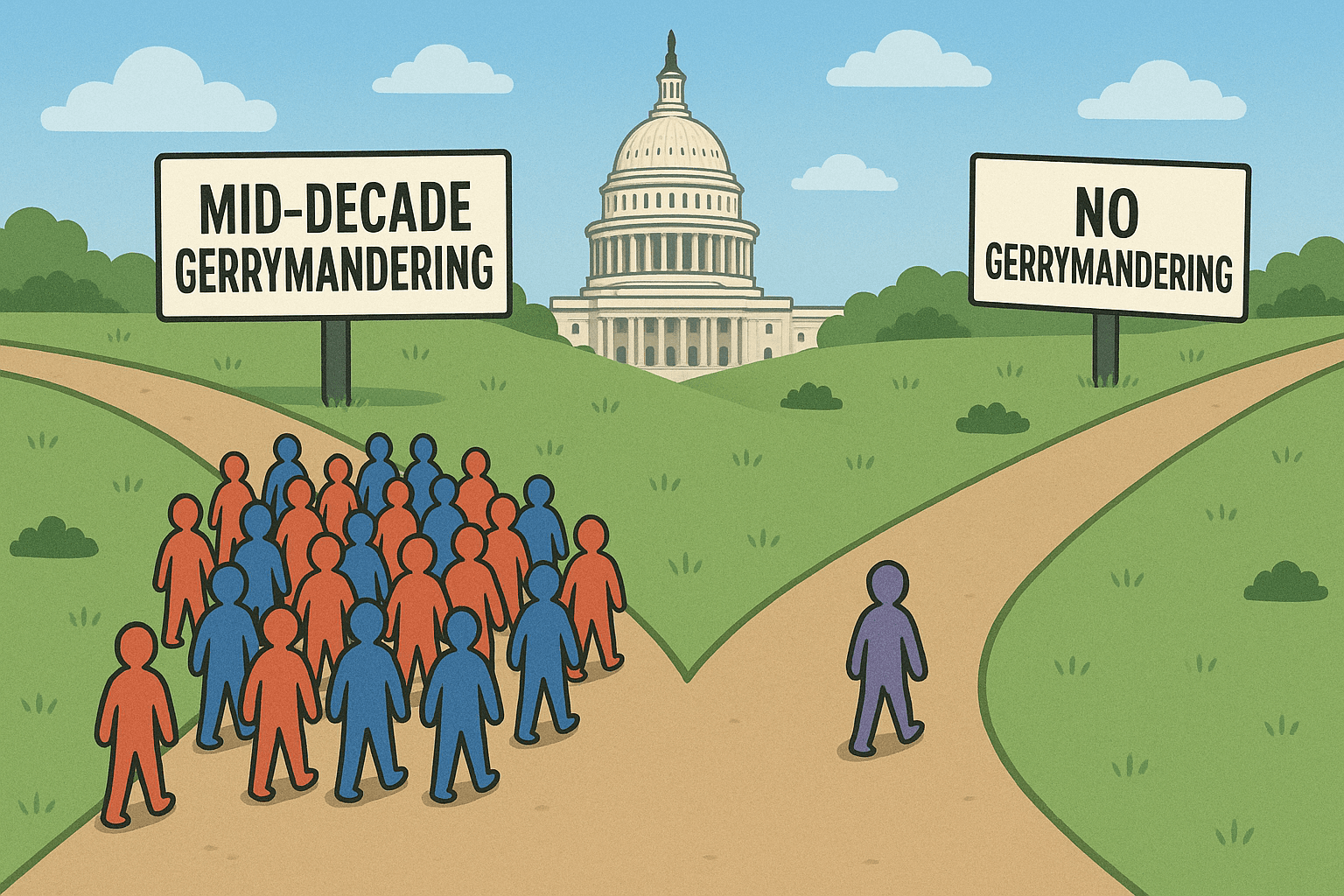OPINION: Why Entrepreneurs Make Poor Politicians

Undoubtedly, there has been a growing movement in America for the past several decades -- that those successful in business should take the helm as our nation's leaders.
H. Ross Perot made the first modern nationwide appeal for this in 1992, claiming that only someone with business prowess could solve our nation's economic problems.
Was he, and others like him, right?
Donald Trump (R), while at times contradictory, usually has a standard mantra that we should make a profit from our activities in government and that lopsided agreements need amended or canceled. In particular, his recent tirade on the unfairness of the Americans providing security for the Japanese highlights this mantra.
Long-Term Commitments Seldom Equate To The 'Quick Buck'
Whether politically expedient or desirable to point out, we are still an occupying army in Japan. Large chunks of the population don't want us there and if it wasn't for the threats of N. Korea and China, this number would probably be almost universal.
We stayed in Japan long after WWII was over, partially to stabilize the region and partially to enforce our treaty which required Japan to not rebuild a military force.
While it has not been a profitable business transaction, it has been a geopolitical strength for our country. Japan served as a forward base in the Korean and Vietnam Wars, and still serves as our front-line defensive position for the Asian theatre.
How do you place a dollar value on this?
In Europe, our commitments to NATO won the Cold War, even though we were the significant financial backing of the organization. During the 2000s, NATO could have easily been scrapped because of the perceived 'peace' in Europe (still being mindful of the several civil wars in the Balkans). Our arch nemesis, the Soviet Union, was in crumbles.
What if we had scrapped NATO? Russia is now back on the rise, Turkey (where we store some of our nuclear arsenal) is under threat from the Syrian crisis, and Europe is on the brink of destabilization from the refugee crises. Would it have been worth it to scrap it to save the quick buck?
Some Projects At Home Are Too Big To Tackle By The States
It's true that most federal projects don't make a profit. But even ones that do are often too big for the individual states to tackle.
Take for instance the Hoover Dam, a profitable government project.
Completed in 1936, it still took 51 years to pay off the project, and has been turning profit since.
Such a massive undertaking would have never been successful at the state level, especially since the Hoover Dam fueled the growth of Nevada, Arizona, and Southern California -- with the availability of electricity, these once desolate areas became enormous population centers. When the dam was built, none of these three states would have had even close to the resources, even together, to have accomplished the task.
The problem is, it's not politically expedient to build for our future -- or even repair what we have -- regardless of the price tag.
Most Of The Budget Is 'Non-Discretionary,' A Hatchet Mentality Only Winds Up Being Penny-Pinching
It's a sad reality that most of the budget is non-discretionary, meaning there isn't ever any form of debate over the expense; it's just considered mandatory.
An executive wielding a hatchet doesn't have the authority to decide that those bills won't be paid -- so what happens?
Penny-pinching of the worst kind, demonizing smaller programs, in a 'Dutch-boy mentality' of missing the larger flood coming over the economic dam while plugging the small holes in the budget.
The purse is controlled by the House of Representatives, any attempt by a hatchet wielding executive to usurp this power is only a further power-grab and overreach of the Oval Office.
It's Complicated
Ask any 25 economists for their opinion on the national economy and you'll get at least 40 different answers. The reason? It's complicated.
Anyone who suggests an economic solution to our $4.99T federal budget that seems quick and easy has little to no understanding of either the budget or the economics behind it.
Key to any executive or legislator's knowledge on the economy is that cuts always hurt someone, from the billion-dollar shipyard producing naval vessels to the food stamp recipient, any cuts hurt someone and the effect trickles throughout the economy.
Take, for instance, Walmart, the nation's largest SNAP (food stamps) vendor. Each time there is a cut to food stamps, they have to file warnings with the SEC about negative impacts on sales and profits. Cutting SNAP doesn't just hurt the poor, it hurts America's largest consumer goods companies as well.
The federal budget does need work, but by those willing to accept that each move they make will either benefit or harm someone -- because a crazy hatchet-wielding executive might work for a Fortune 500 company, but not for a government impacting the lives of over 322 million citizens.
Photo Source: ABC News





